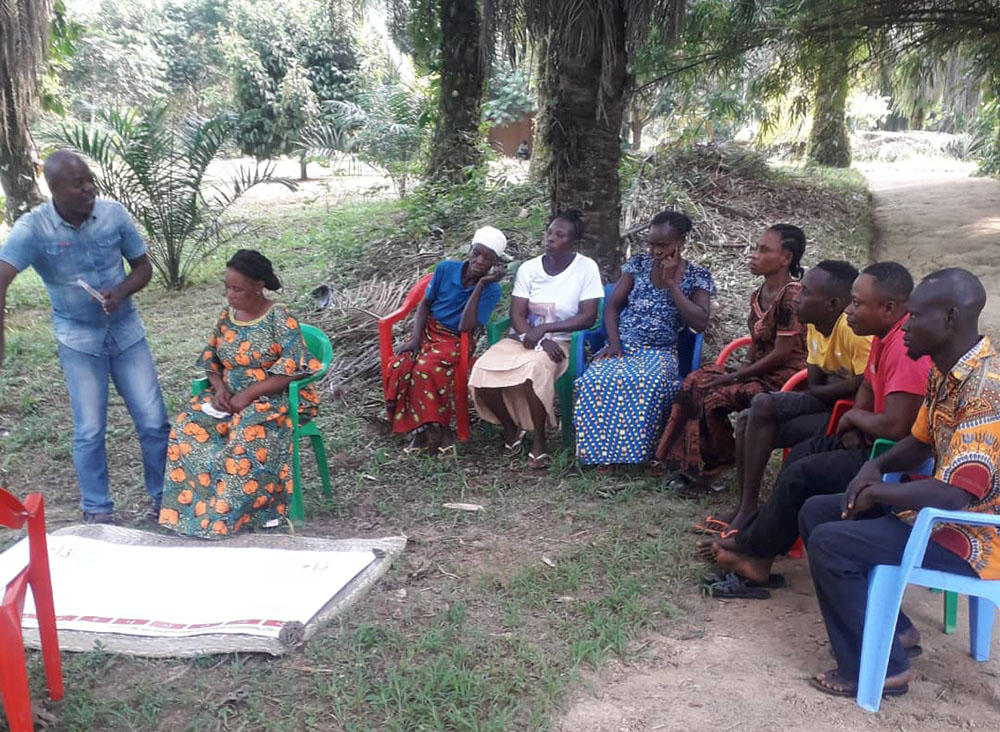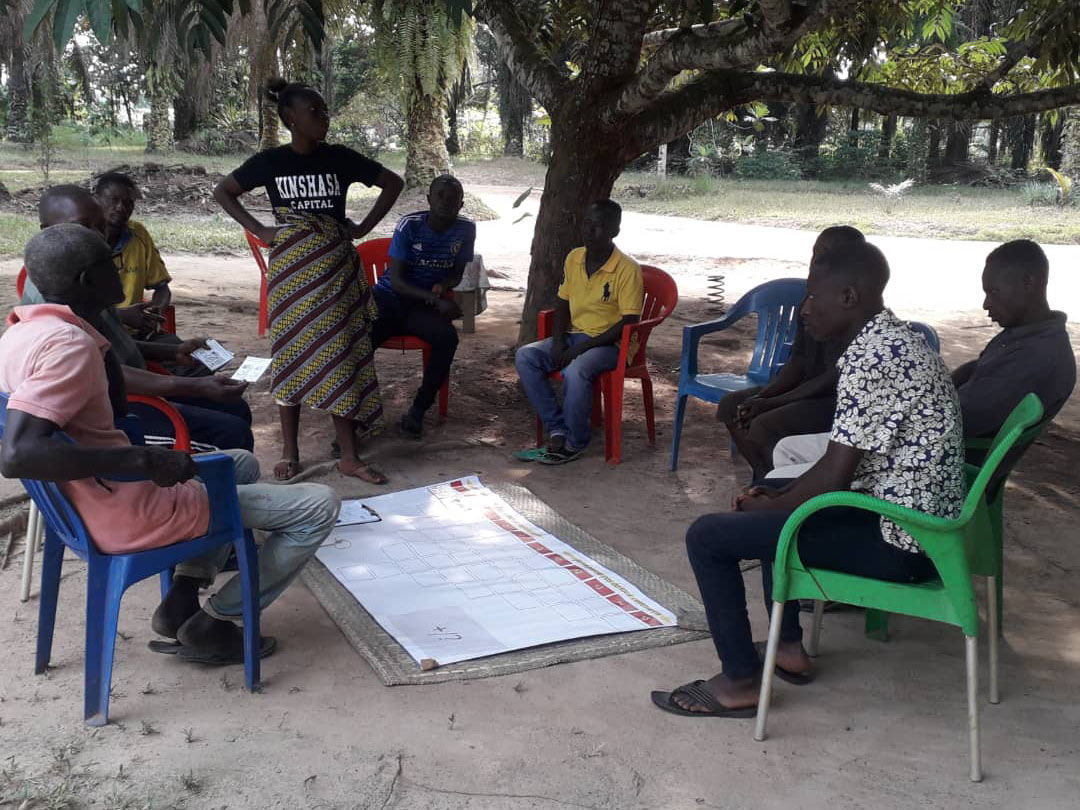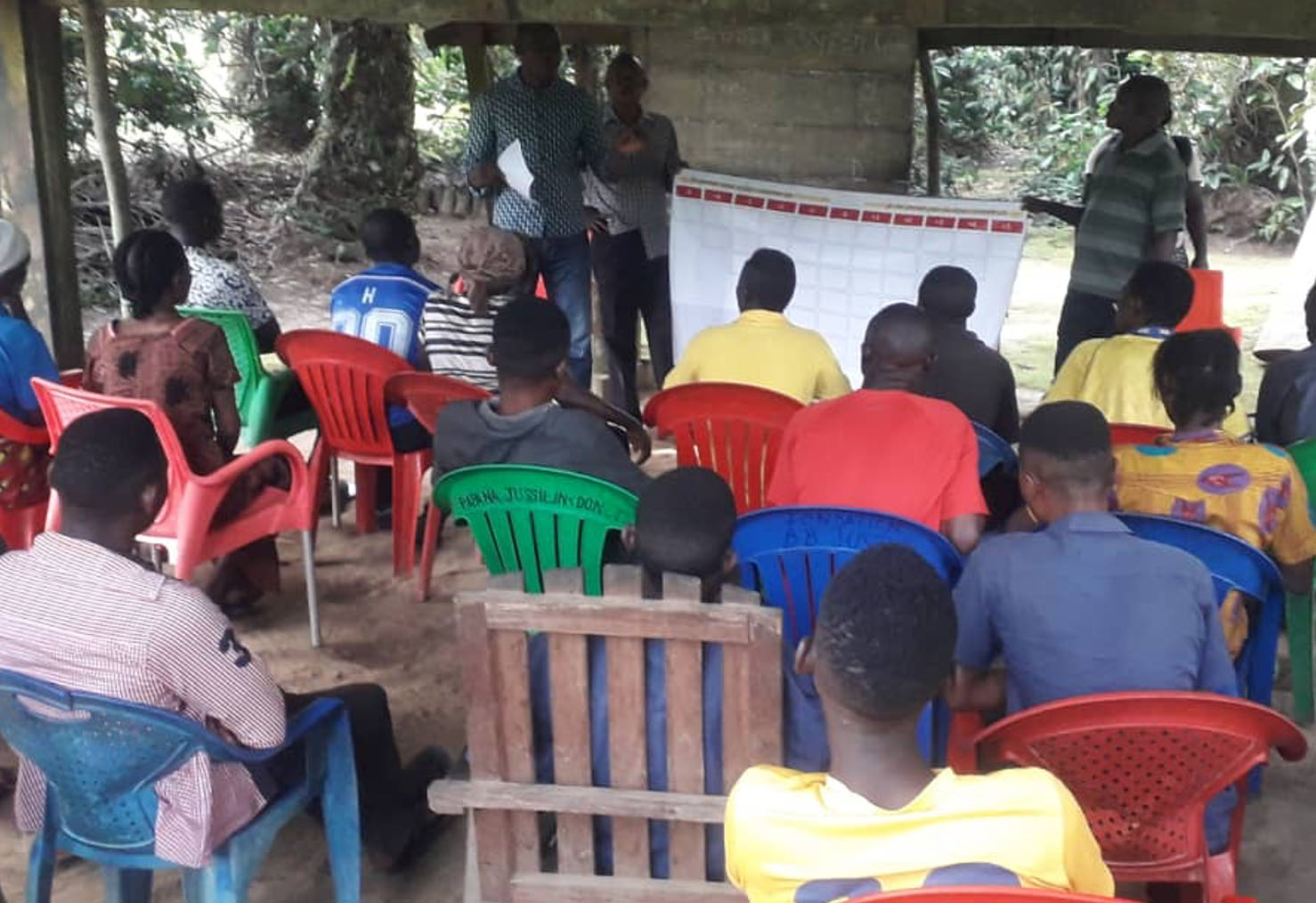
The DRC has over 100 million hectares of forest and has significant potential to benefit from these forests through REDD+ if they are managed effectively. The research shows that building the right capacity, consulting and accessing the needs of the community, and building long-term projects and partnerships are key success factors for improving forest governance.


